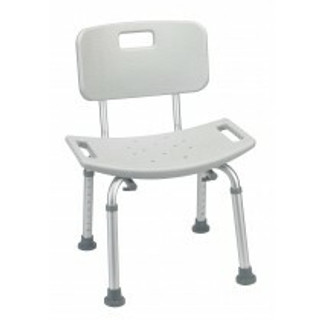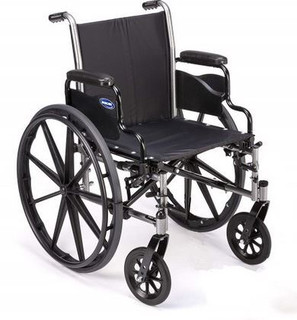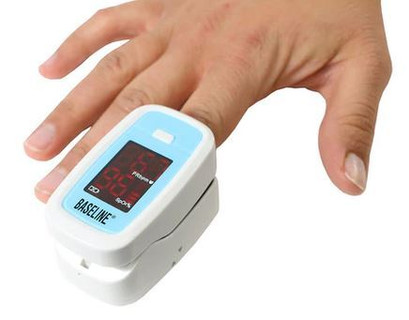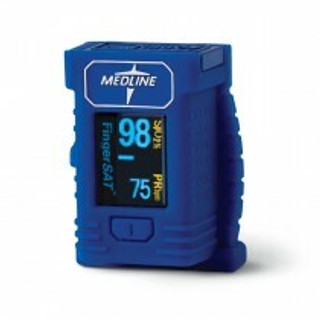Step-By-Step Guide for Caregivers Dealing With Angry and Aggressive Patients
Handling an angry patient as a caregiver requires patience, empathy, and effective communication skills. Here are some strategies to manage such situations:
1. Stay Calm and Composed:
- Remain Calm: Keep your voice steady and calm. Avoid raising your voice or showing frustration, as this can escalate the situation.
- Take Deep Breaths: This helps you maintain your composure and prevents you from reacting impulsively.
2. Empathize and Listen:
- Acknowledge Their Feelings: Let the patient know that you understand they are upset. Saying things like, "I can see that you're angry, and I'm here to help," can make them feel heard.
- Active Listening: Give the patient your full attention, making eye contact, and listening to their concerns without interrupting.
3. Validate Their Emotions:
- Show Understanding: Acknowledge the reason for their anger, even if it seems minor. Phrases like, "I understand that this situation is frustrating," can help diffuse anger.
- Avoid Dismissing Their Feelings: Never tell them to "calm down" or "stop being angry," as this can invalidate their emotions and make the situation worse.
4. Offer Solutions or Alternatives:
- Problem-Solving Approach: Ask how you can help resolve the issue or offer possible solutions. Involve them in finding a resolution, giving them a sense of control.
- Set Boundaries: If the anger is directed toward you, calmly explain that while you want to help, certain behaviors (like yelling or name-calling) are not acceptable.
5. Provide Space if Needed:
- Give Them Time: Sometimes, patients need a few moments alone to calm down. Offer to step out or give them space if they seem overwhelmed.
- Check Back In: Let them know you'll return after a few minutes to continue the conversation when they feel ready.
6. Use Distraction Techniques:
- Shift Focus: If appropriate, gently change the subject to something positive or neutral, which can help defuse the situation.
- Engage in a Different Activity: Suggest doing something calming, like listening to music or taking a short walk, if possible.
7. Seek Support if Necessary:
- Call for Help: If the situation escalates or the patient becomes aggressive, seek support from other healthcare professionals or call for assistance.
- Report the Incident: Document the situation accurately and inform your supervisor if the patient's behavior is a recurring issue.
8. Self-Care:
- Reflect on the Situation: After the encounter, take time to reflect on what happened and how you handled it.
- Take Care of Yourself: Managing an angry patient can be stressful. Ensure you take breaks and practice self-care to avoid burnout.
These approaches can help create a safer and more supportive environment for both the patient and the caregiver.
Providing your caregiver with the best equipment and supplies are crucial in maintaining quality care keeping the patient calm and happy. SafeWell Medical Supply carries the top name brands to help with everyday caregiver tasks from bathroom safety to mobility needs. Check out our complete product line below by clicking on the logo!



















